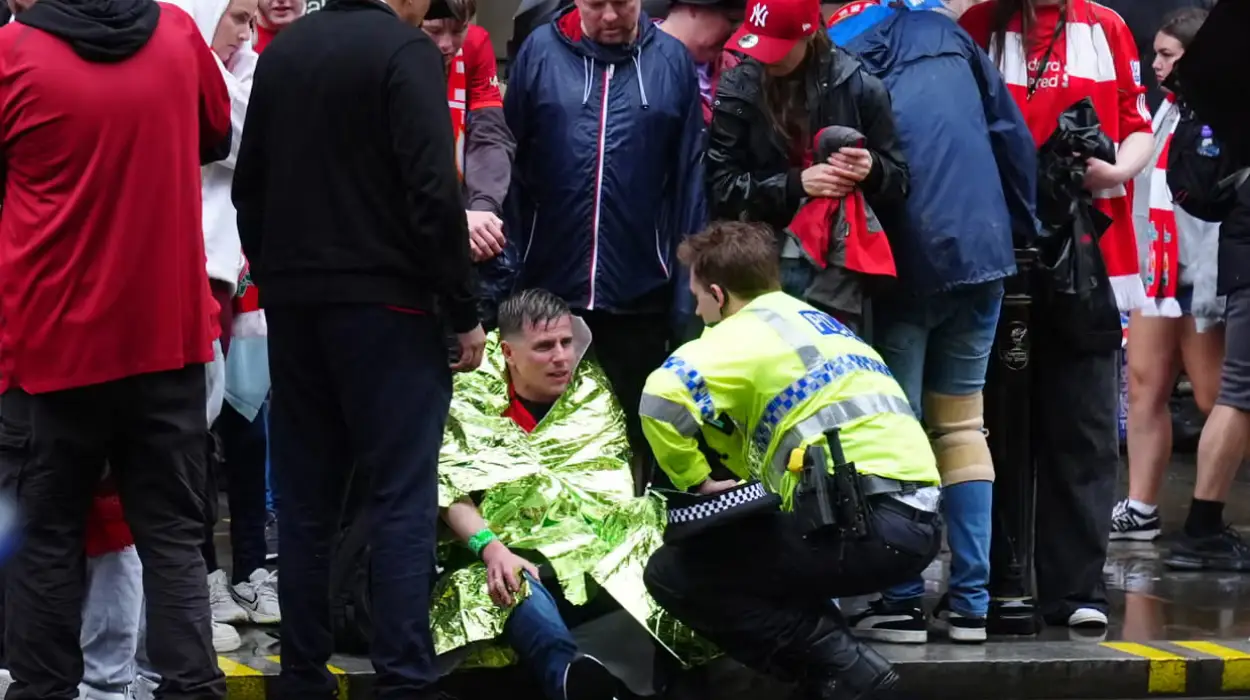UK (Parliament Politics Magazine) – A new analysis reveals that local leaders and police must act fast together to tackle false online claims after violent incidents in the UK.
As reported by The Guardian, following major events like the Southport murders, a recent report urged police and community figures to lead swift actions against online misinformation.
What did Cetas say about low trust in government and fighting misinformation
According to the Centre for Emerging Technology and Security, public confidence in law enforcement is low, so tackling false content online needs support beyond official channels.
Sam Stockwell, a Cetas research associate and co-author of the analysis said,
“There are quite low levels of trust and confidence in government and law enforcement more generally. So if you can get non-government affiliated sources sharing the same kind of information and facts, you are more likely to be able to resonate and engage with wider audiences.”
The report analyzed the online response to the Southport attacks last June, which sparked unrest across England and Northern Ireland, and the May event where a vehicle injured fans at Liverpool FC’s championship parade.
The analysis found that rapid and coordinated action after the Liverpool event helped prevent misinformation from spreading across the internet.
Researchers pointed to confusion around revealing the Southport suspect’s identity, highlighting that
“law enforcement agencies require clearer guidance from public prosecutors.”
Axel Rudakubana was sentenced to 52 years in January for killing three children in the attack.
Cetas, part of the Alan Turing Institute for AI and data science, said the police response played a key role in easing tensions. It also helped stop the incident from being used to spread violent and extremist narratives.
It added that consistent messaging from local authorities, emergency workers, and police helped support the official response.
Cetas stated,
“Once official statements to the public have been made, it is vital that any debunking efforts take place at multiple levels and in a consistent manner.”
It said,
“In the Liverpool case, consistent messaging across police forces, emergency service responders, local councillors and community leaders helped reinforce the legitimacy of police statements about the suspect’s true identity.”
The report said legal barriers to naming the Southport suspect, including maintaining the trial’s integrity and protecting youth anonymity, resulted in an “information vacuum.” This gap led to “unintended consequences” such as the rise of online conspiracy theories.
Cetas,
“Given the rapidly spreading speculation about the ethnicity and religion of the suspects in the Southport and Liverpool cases, the swift release of information that does not compromise investigations or court cases could help quickly debunk discourse that risks becoming inflammatory and violent.”
What did Jonathan Hall say about releasing info on Rudakubana?
Jonathan Hall KC, the UK’s terrorism legislation watchdog, said in February that authorities failed to release more details about Rudakubana in the aftermath of the incident.
Police initially identified the suspect as a 17-year-old male from Banks, Lancashire, with Cardiff listed as his birthplace.
What did the government say about monitoring online hate?
The government has launched a new national police unit to monitor online content linked to anti-migrant sentiment and prevent public disorder.
Diana Johnson, the policing minister, said the unit would
“provide a national capability to monitor social media intelligence and advise on its use to inform local operational decision-making.”
key facts about online violence and false claims in the UK
- In 2020, nearly 1 in 5 kids aged 10–15 faced online bullying. Many didn’t tell anyone.
- In 2022–23, over 9,000 child abuse crimes had an online link. This shows how risky the internet can be for kids.
- False claims about the Southport attacker, including lies about his name and status, sparked far-right riots in 27 UK towns in 2024. Police arrested 1,280 people.
- 67% of UK fraud is done online. Many scams start on social media, using fake content like deepfakes.


